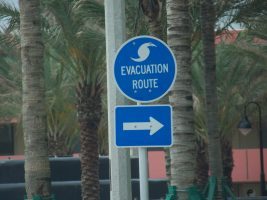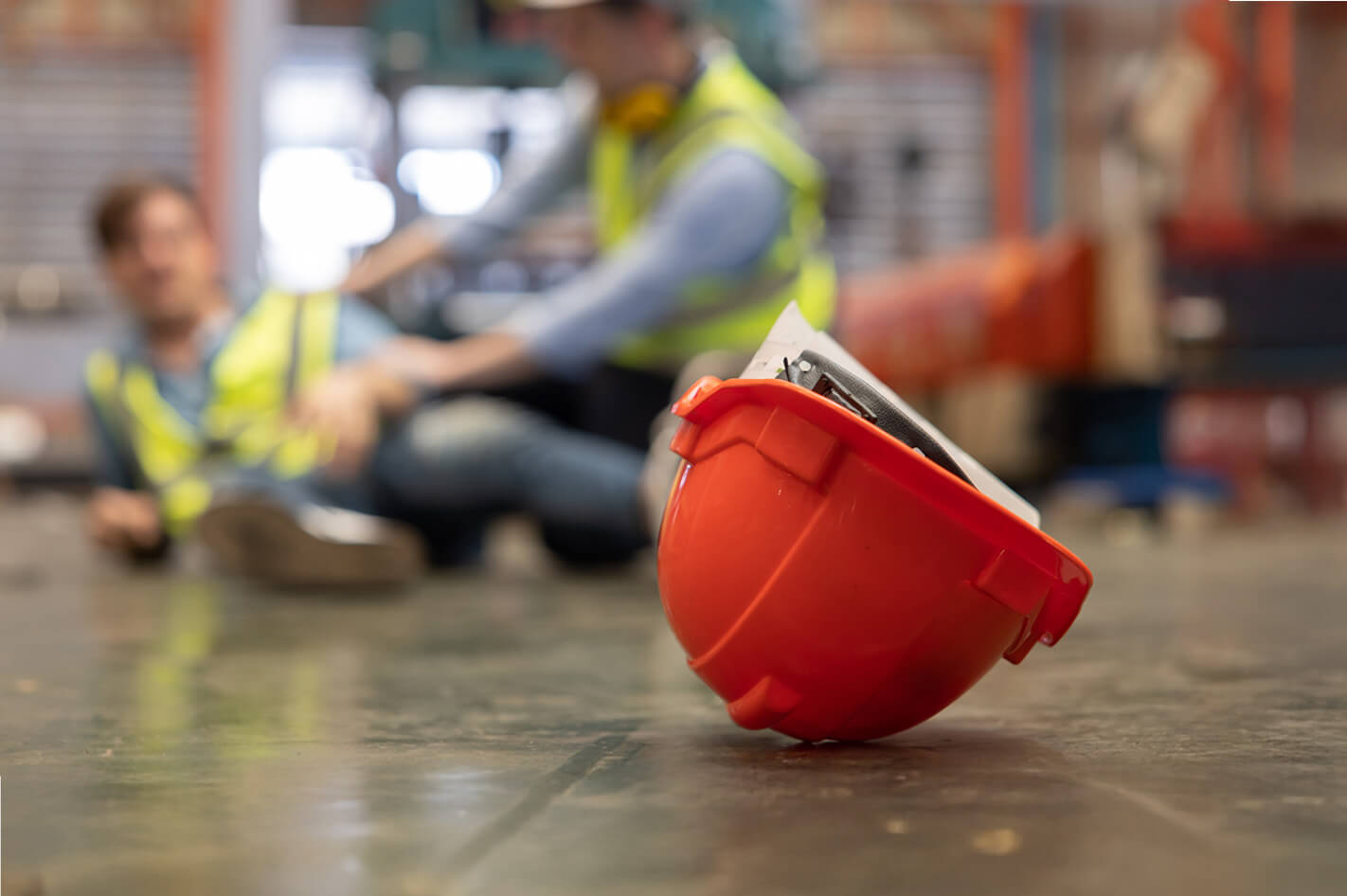National Safety Council offers steps to stay safe during Hurricane Florence

Families are urged to put together an emergency supply kit and develop an emergency plan
As Hurricane Florence intensifies, the National Safety Council (NSC) is urging those on the East Coast to monitor the storm’s path and heed government warnings.
Florence is expected to hit the East Coast as a Category 4 hurricane with sustained winds of 130 miles per hour later this week, according to the National Hurricane Center. The Council says those impacted by Tropical Depression Gordon need to be especially aware of potential flash flooding.
Nearly 60,000 weather events resulted in almost 600 deaths and more than 4,200 injuries, the Council said. Flash floods, tropical storms, and heat waves were the cause of most deaths.
Ahead of the impending storm, the NSC is urging families to develop emergency plans and safety kits. Emergency plans should include several methods of evacuation and places to shelter, while supply kits should contain the necessary supplies to sustain a family for at least 72 hours.
Severe weather safety tips
The Council offers the following tips for staying safe in hurricanes:
- Board up windows and tie down loose items like patio furniture.
- Establishing a meeting point for family members in the event that you become separated and pick one person everyone can contact their whereabouts.
- Shelter in sturdy buildings. Avoid isolated sheds or other small structures, open areas, hilltops, the beach, or boats.
- If you are driving in heavy rain, try to exit the road, stay in the car and turn on the emergency flashers.
- Don’t drive into flooded areas. If flood waters surround your car, abandon the car and go to higher ground.
- Avoid touching electrical equipment, cords, metal, and water.
- Listen for sirens, stay away from windows and outside doors, and seek shelter in a bathroom or basement.
- Stay indoors until authorities say it’s safe to go outside.
To stay safe during flash flooding, the NSC offers the following tips:
- Know your distance to rivers, streams, and dams.
- In heavy rain, stay away from underpasses, underground parking garages, and basements.
- Never walk in water above your ankles — you could be swept off your feet in as little as 6 inches of rushing water.
- Shut off the electricity and other utilities.
Blog Posts
Latest Posts
Related Posts




